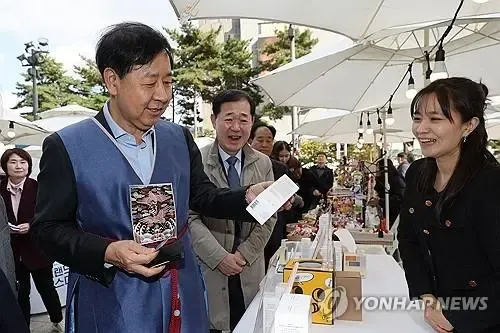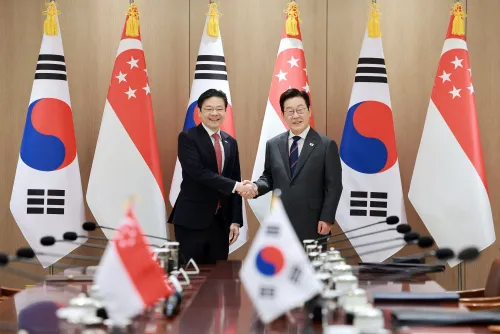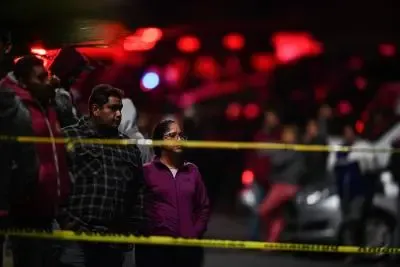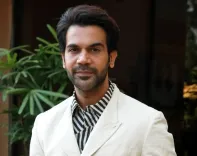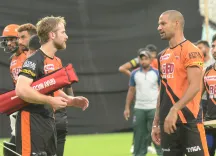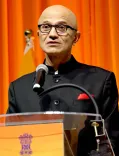Bangladesh: Yunus Faces Criticism as Political Parties Accuse Interim Government of Delaying Elections
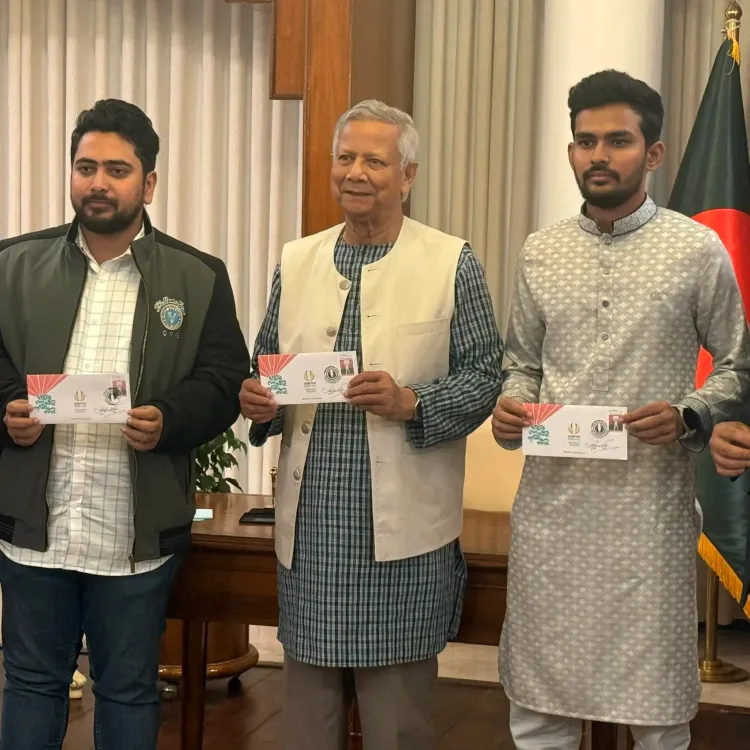
Synopsis
Key Takeaways
- Political unity in Bangladesh is fading post-Awami League ousting.
- Criticism mounts against Muhammad Yunus for election delays.
- The BNP warns of public distrust in the interim government.
- Local elections are deemed unfeasible before national elections.
- Concerns over law enforcement morale impacting election safety.
Dhaka, March 8 (NationPress) The once-prominent unity among various political factions in Bangladesh, which was widely exhibited during the removal of the democratically-elected Awami League government headed by Sheikh Hasina in August 2024, appears to be gradually diminishing.
The tumultuous upheaval in Bangladesh saw multiple political entities unite to dethrone the Awami League government, resulting in the establishment of the interim administration led by Muhammad Yunus.
However, as the nation has descended deeper into crisis over the past seven months, numerous political figures who previously supported Yunus are now openly criticizing him, particularly regarding the significant delay in conducting national elections.
Condemning the existing regime, leaders from the Bangladesh Nationalist Party (BNP) have asserted that despite promises of reforms, the interim government displays no willingness to organize elections and is instead focused on advancing the agenda of the newly formed National Citizen Party, as reported by Barta24.
BNP Joint Secretary General Ruhul Kabir Rizvi remarked that if the Election Commission executes its responsibilities effectively, general elections could occur between June and July instead of December 2025.
"If there is a delay in the election process, the public will start to question the credibility of this interim government," Rizvi stated while addressing a gathering in Dhaka on Friday.
"We believe that the interim government is fundamentally a caretaker administration. Thus, it must facilitate a fair election. Any postponement in the electoral process is unacceptable," he added.
Earlier this week, student leader Nahid Islam, who spearheaded the violent protests against the Hasina administration and has now established the National Citizen Party, claimed that the interim government has failed to ensure public safety, making it challenging to hold a general election this year.
Last month, Mia Golam Parwar, the Secretary General of the radical group Jamaat-e-Islami, reiterated his party's demand for local government elections to occur prior to the general elections.
Meanwhile, the BNP has cautioned the interim government against any manipulation regarding the national elections. The party warned that any attempts to postpone the national elections under the guise of reforms would provoke increased protest movements.
As major political factions in Bangladesh remain in conflict, the Election Commission of Bangladesh recently announced that conducting local elections before the national elections is not feasible.
"We are also monitoring the law and order situation. Everyone is aware that the morale of law enforcement has been low since August 5. It would not be prudent to hold local elections while police morale remains low," quoted a Bangladeshi newspaper, Daily Star, citing one of the country’s election commissioners.


